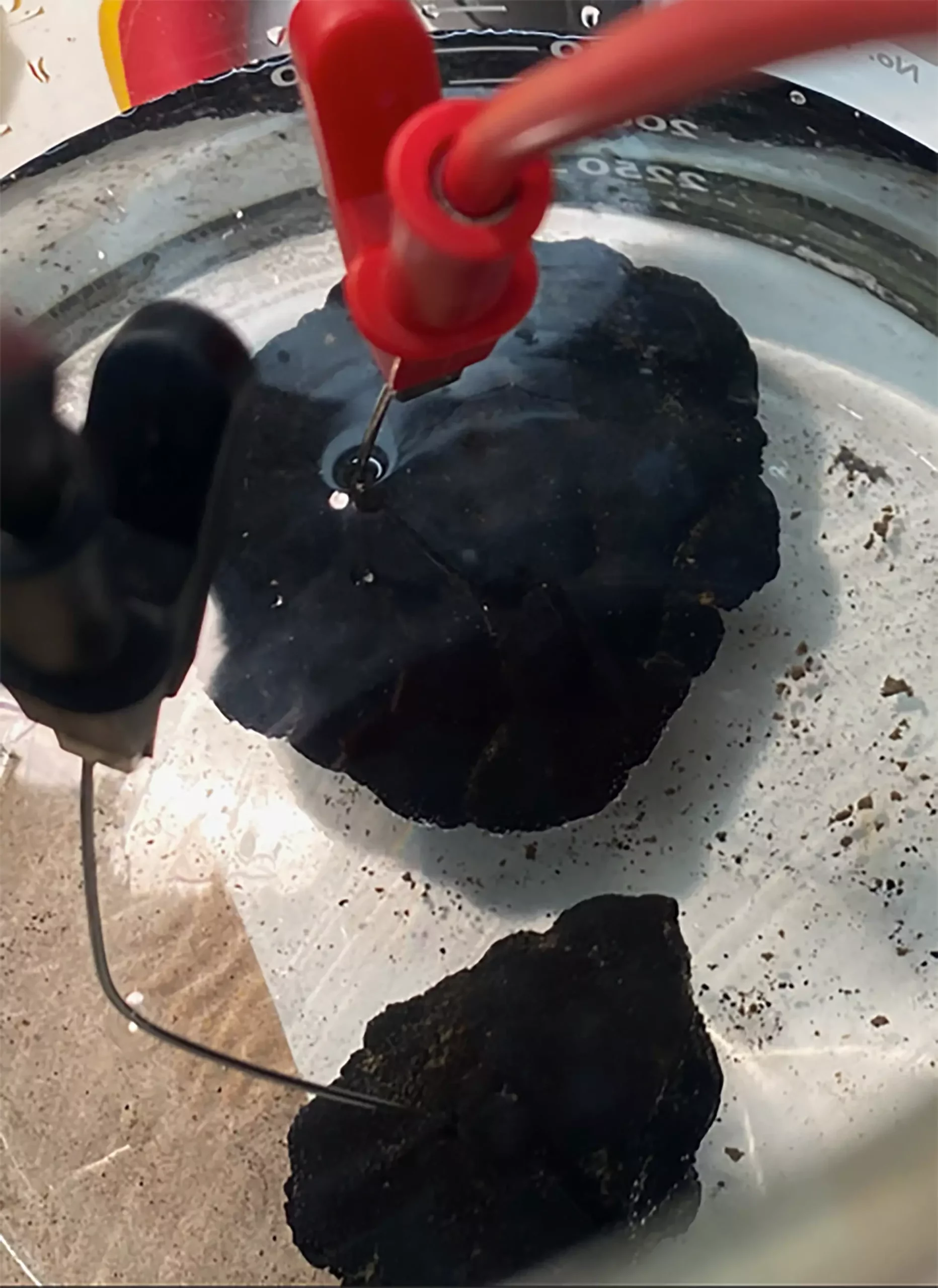The recent discovery made by an international team of researchers challenges the traditional belief that only photosynthetic organisms are responsible for generating the Earth’s oxygen. The groundbreaking study, published in the journal Nature Geoscience, revealed that metallic minerals on the deep-ocean floor, located 13,000 feet below the surface, also play a significant role in oxygen production. This unexpected finding opens up new possibilities in understanding the origins of aerobic life on our planet.
The key to this discovery lies in polymetallic nodules, natural mineral deposits found on the ocean floor. These nodules, ranging in size from tiny particles to an average potato, contain a mix of various minerals such as cobalt, nickel, copper, lithium, and manganese. Interestingly, these minerals are essential elements used in batteries. As large-scale mining companies are targeting these nodules for extraction at depths of 10,000 to 20,000 feet below the surface, it is crucial to consider the impact on oxygen production for deep-sea life.
Upon further investigation, researchers found that the polymetallic nodules have the potential to act as natural “geobatteries,” generating electricity when combined with saltwater. This chemical reaction, known as seawater electrolysis, extracts electrons from the oxygen atoms in water, leading to the production of oxygen. Even a small voltage, equivalent to that of a typical AA battery, can split seawater and create a significant oxygen source on the ocean floor. This discovery sheds light on a previously unknown mechanism of oxygen production in the deep sea.
As the mining industry sets its sights on extracting resources from the ocean floor, it is essential to consider the environmental consequences of these activities. The researchers caution that the mass mining of polymetallic nodules could deplete the oxygen source necessary for sustaining marine life at great depths. Past studies have shown that areas mined in the 1980s remain “dead zones” devoid of bacterial and marine life, highlighting the long-lasting impact of deep-sea mining activities. It is imperative for mining companies to rethink their practices and prioritize conservation efforts to protect the delicate balance of ocean ecosystems.
The discovery of dark oxygen production on the ocean floor presents an exciting opportunity to revisit the origins of aerobic life on Earth. By expanding our understanding of oxygen sources beyond photosynthetic organisms to include deep-sea mineral deposits, we gain new insights into the evolution of life on our planet. As scientific research continues to uncover hidden mechanisms in the natural world, it is crucial to approach exploration and resource extraction with a mindset of environmental stewardship and sustainable practices. The delicate balance of Earth’s ecosystems relies on our ability to harness knowledge for the greater good of all living organisms.


Leave a Reply